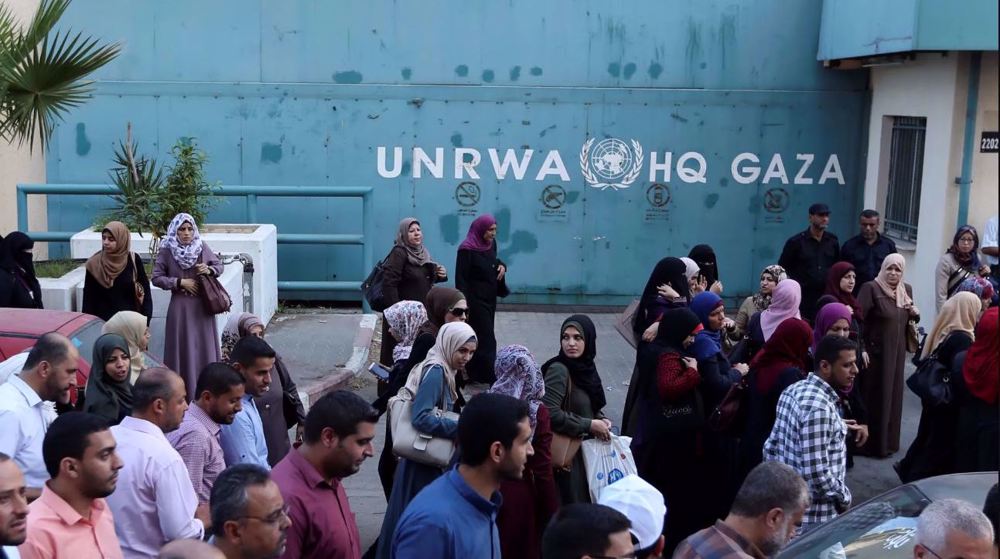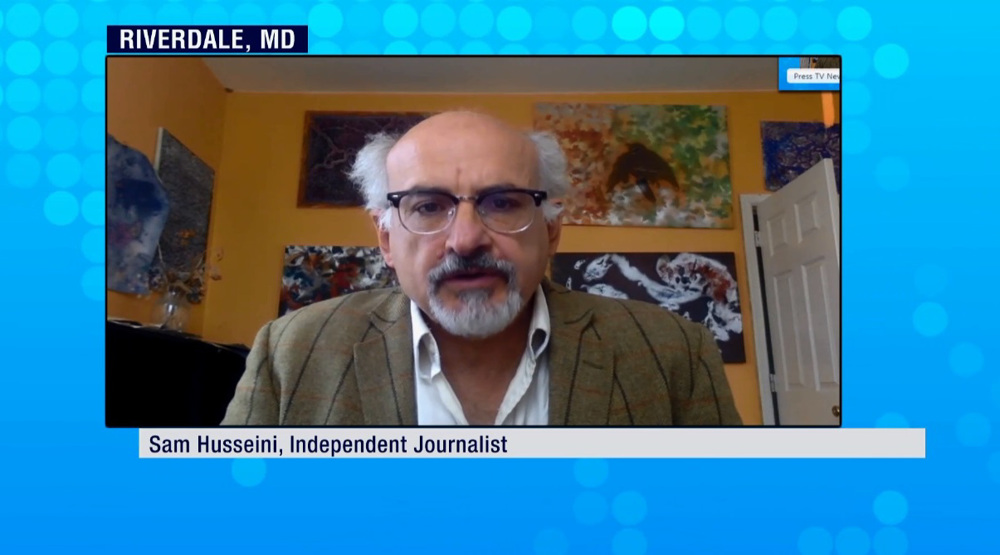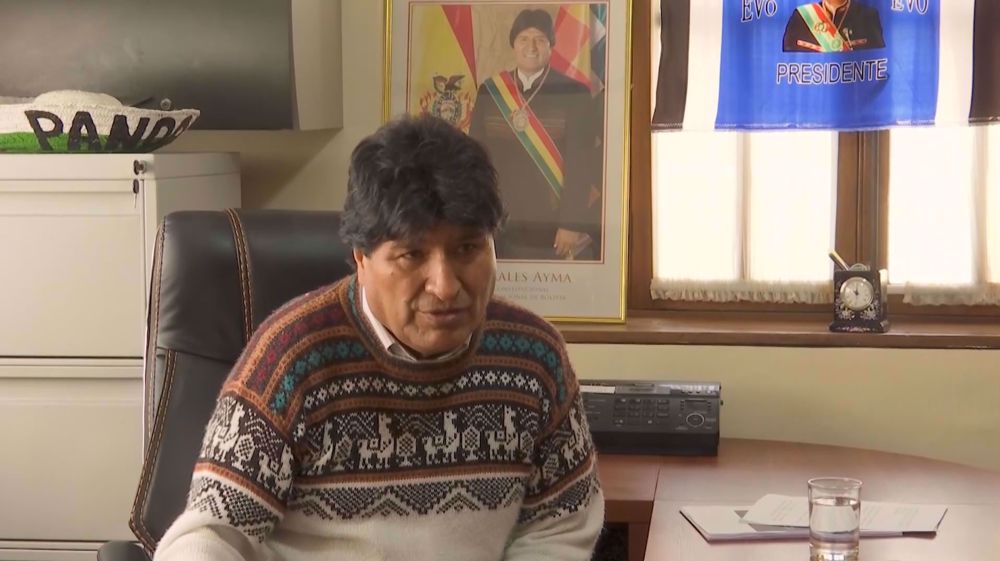‘Iraqi army needs help from militia force to defeat Daesh’
Iraqi forces are steadily retaking areas in west Mosul - the last urban stronghold of the Takfiri terrorist group Daesh in northern Iraq. According to Iraqi officials, government forces and allied fighters from Popular Mobilization Units have established control over more than 90 percent of the city. To discuss the Iraqi forces’ advancement against Daesh terrorists, Press TV has interviewed Zayd al-Isa, an Iraqi affairs expert from London, and Jihad Mouracadeh, a political analyst from Beirut.
Zayd al-Isa is of the opinion that Saudi Arabia and the United States are against the Popular Mobilization Units’ participation in the fight against Daesh.
“The Saudis have deliberately joined what is called an anti-ISIS coalition to draw red lines and veto any move by the Popular Mobilization forces to firstly liberate Fallujah and then ... Ramadi,” the expert noted. “They (the Saudis) have actually stood firmly against and vehemently opposed any move by the Popular Mobilization against [Daesh in] Mosul.”
Isa cautioned that it is “a great mistake and a huge monumental error” if Iraqi Prime Minister Haider al-Abadi surrenders to pressure from other states to stop PMU’s advancement in Tal Afar in Nineveh Governorate.
“Abadi is dragging his feet under pressure [from] Americans and actually fearing that this might harm the so-called fledgling relationship with Saudi Arabia, which is totally counterproductive,” the commentator complained.
Isa gave credit to the Popular Mobilization forces for preventing Baghdad from falling into the hands of Daesh. He recalled that when the Iraqi army collapsed in its battle against the terrorists, the PMU stood single-handedly.

“We must not underestimate the huge task and the daunting challenge that actually face the Iraqi security forces and the Popular Mobilization forces” in their mission to liberate Mosul, he added.
Meanwhile, the other panelist, Jihad Mouracadeh, expressed support for the Iraqi forces’ stride to liberate Mosul, warning that “the problem however is beyond Mosul, because Mosul is going to fall anyway” if Daesh is not coped with completely.
He underlined that the problem lies in other areas, including Tal Afar, which are still under the control of terrorists. That means “Daesh is not over and done with.”
Pointing to the role of the Popular Mobilization Units in military advancements against Daesh in Nineveh, Mouracadeh noted that Tal Afar has been surrounded by the PMU for quite some time now and it is a sticking point for Turkey and other regional powers, who support Sunnis, because the area is populated mostly by Sunni Turkmen while there is a Shia minority there.
“Turkey has already said that it will intervene if the PMU tries to take over Tal Afar,” he said.
The Iraqi forces took control of eastern Mosul in January after 100 days of fighting, and launched the battle in the west on February 19.
Raeisi: Operation True Promise ‘a necessary response’ to Israel
OIC slams US for blocking Palestine’s bid for full UN membership
US police arrest 108 pro-Palestine protesters at Columbia University
Top commander names four 'historic achievements' of Operation True Promise
VIDEO | Iranian attack and crisis of entity
UN chief: Israel’s war turned Gaza into 'humanitarian hellscape'
Meta's WhatsApp challenged for complicity in Israel’s Gaza genocide
Iran, Jordan underline need to stop Israel’s genocidal war on Gaza














 This makes it easy to access the Press TV website
This makes it easy to access the Press TV website